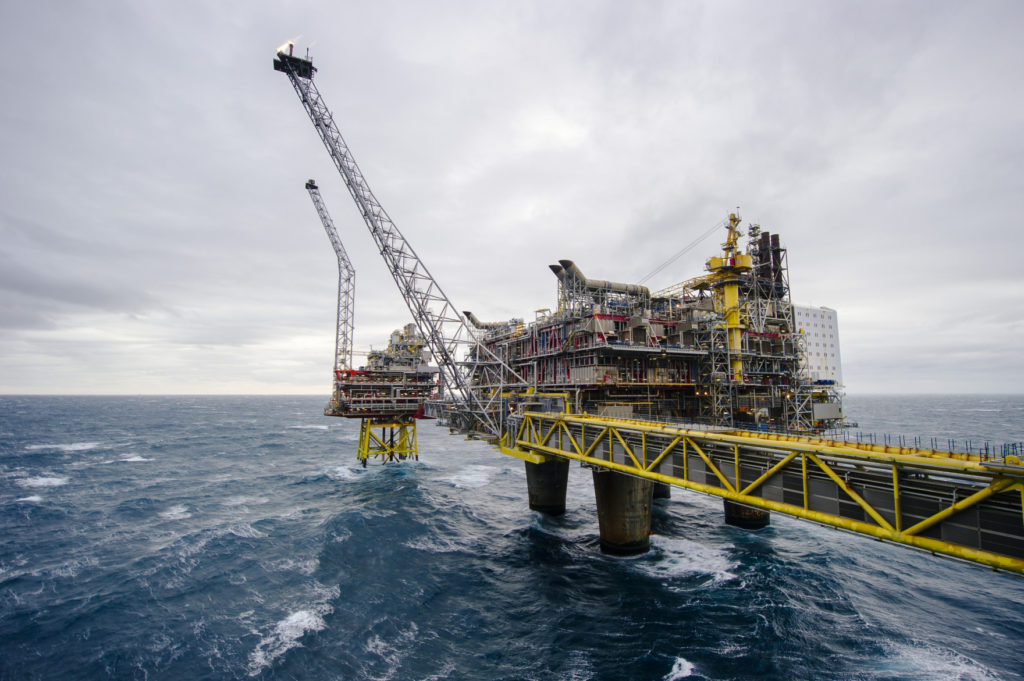
The European Union reached an agreement with Norway to source more natural gas from the Nordic nation as the bloc tries to lower surging prices and boost security of supplies after Russia, its biggest provider, cut flows to almost half of member states.
The 27-nation EU is racing to phase out Russian gas and find new sources across the world after President Vladimir Putin’s invasion of Ukraine. Moscow has started cutting shipments to Europe, affecting 12 member states and pushing Germany to raise its gas-risk level to the second-highest “alarm” phase.
Energy security is at the top of the EU’s political agenda, with the region’s leaders expected to discuss the issue at a summit in Brussels on Friday. The supply woes have pushed gas and power prices to record levels, fueling inflation. Europe is paying a very high price for its dependence on Russian gas, said Frans Timmermans, the European Union’s climate chief.
“I never, ever mind being dependent on a close friend like Norway but we never again have to be dependent on somebody like Putin,” Timmermans said after a meeting in Brussels with Norwegian Energy Minister Terje Aasland.
Given the high production levels seen in Norway in the first months of the year — a trend that is anticipated to continue for the rest of the year — there is strong potential for increased sales to Europe in 2022, the EU and Norway after the meeting. The EU aims to curb imports from Moscow by almost two-thirds this year and phase out Russian fossil fuels by 2027.
Read More: Germany Warns of Lehman-Like Contagion From Russian Gas Cuts
“Norway and the European Union will partner to face the challenge caused by Putin, who’s trying to divide by starving us of energy,” Timmermans said. “We need to make sure that we show solidarity on the European scale.”
Norway, the bloc’s second-biggest supplier, is pumping at full tilt, benefiting from record prices and demand for its fuel. In the statement, the EU and Norway said that their agreement would bring close to 100 terrawatt hours of extra energy to the European market.
Total exports from fields in the Nordic nation are poised to jump about 8% this year to 122 billion cubic meters, the government said last month. The extra volume would amount to an increase of about 9 billion cubic meters this year compared with 2021 sales, still a fraction of Russia’s flows to the EU, which exceeded 155 billion cubic meters last year. That was about 40% of the bloc’s total consumption.
Thursday’s initiative is a means of telling EU citizens that though the markets are very difficult, “jointly Norway and the EU, we’ll find a way out of this situation,” Timmermans said.
